“I don’t think we ever made records for critics; that wasn’t our whole point of doing what we were doing. We were trying to make the best music we could, make the best songs we could make. I think with the landing of Nirvana, there was no way around the whole Seattle thing. We were just excited about making a record. We didn’t really know what was going to happen. It’s pretty much out of your hands after you do that. You don’t know who’s going to buy it, who’s going to like it, who’s not going to skechers shoes like it.”
So says Stone Temple Pilots bassist Robert DeLeo — though he notes with a shrug that many nasty ‘90s journalists who once bashed the band have become revisionist music historians and changed their opinions. “Talking to some of those critics these days, they’re like, ‘Um, sorry! Sorry!’”
Robert is sitting at Yahoo Entertainment with his fellow surviving STP bandmates, guitarist/brother Dean DeLeo and drummer Eric Kretz, discussing their discography — including their critical-breakthrough third album, 1996’s Tiny Music… Songs From the Vatican Gift Shop, which is being reissued this week as a 25th anniversary boxed set featuring outtakes and a previously unreleased live concert. And Dean admits, “There’s something that doesn’t feel quite right to sit here and talk about Scott. It saddens me that he’s not able to be here and do it himself. … It’s heartbreaking that he’s not here to celebrate this.”
Stone Temple Pilots frontman Scott Weiland, whose harrowing life story is now being made into a biopic, would no doubt be delighted to see Tiny Music’s legacy celebrated, especially considering that STP’s first two albums were so viciously disparaged by the music press back in the day. (It has even been speculated that the harsh reviews damaged Weiland’s self-esteem, leading him to self-medicate with the narcotics that eventually killed him in 2015.) However, there were many music critics that did get on board with STP, and stopped dismissing them as mere Pearl Jam copyists, with the release of Tiny Music — which branched out from the SoCal band’s trademark grunge into shoegaze, Beatlesque psychedelia, skinny-tie new wave, Paisley Underground, chamber pop, powerpop, and even bossa nova, and boasted some their all-time hookiest tunes.
“[Scott] went through a lot of phases, as all of us do as musicians. We all go through that, and that’s how we learn,” says Robert of the singer’s evolution from chest-beating jock to Bowie-esque glam-rock bard. Dean additionally describes Weiland as “brilliant musically” brooks shoes and observes: “What’s interesting is, if you look at Scott, his physical appearance from [STP’s debut album] Core to Tiny Music, I mean, it really looks like two different people.”
Robert remembers that when the band first met Weiland in the early ‘90s, “He was fresh out of college. He looked like he was the varsity guy on the football team, very healthy and fit.” Dean also recalls of those early days, “He was superhuman — whatever he did, whether it was skiing or tennis or basketball, he excelled. He was really, really talented in every sense of the word, his physicality and his strength. Things came very easy to him. I think it was the internal strife that he had that kind of added to what he became.”







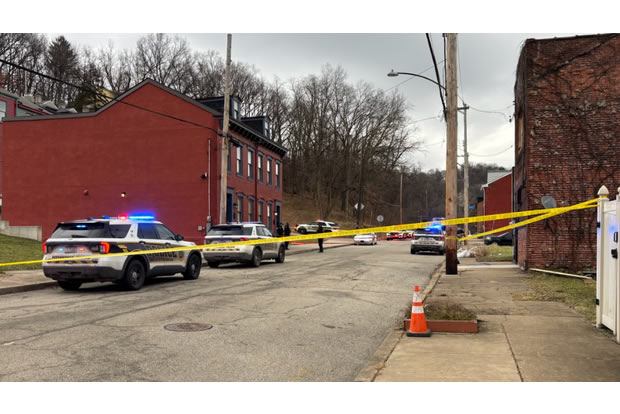


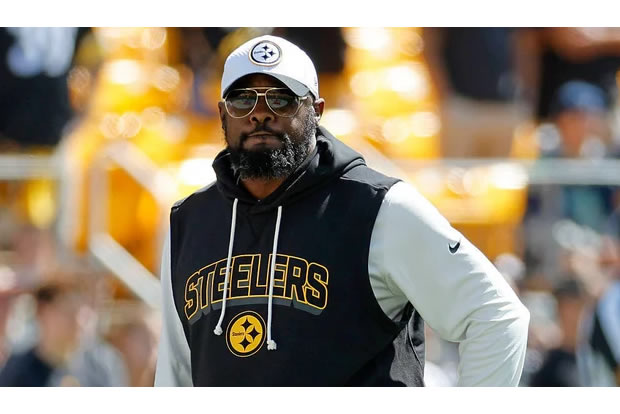
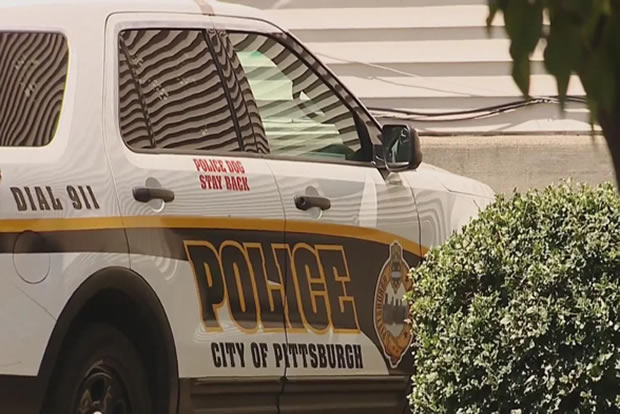
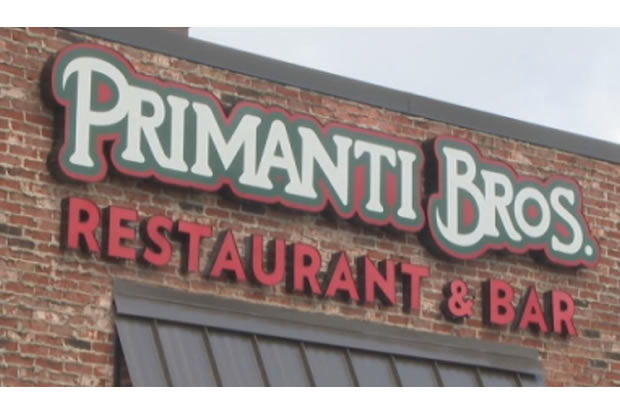
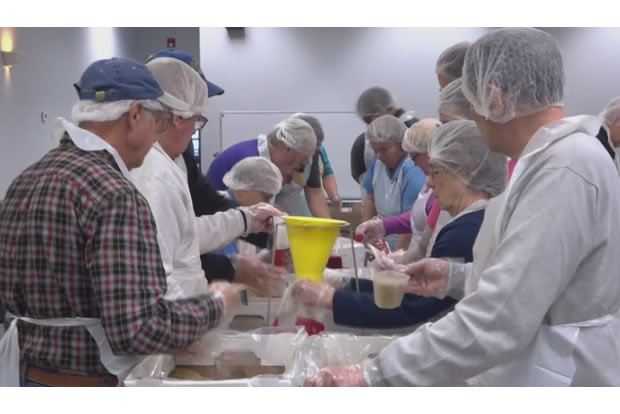
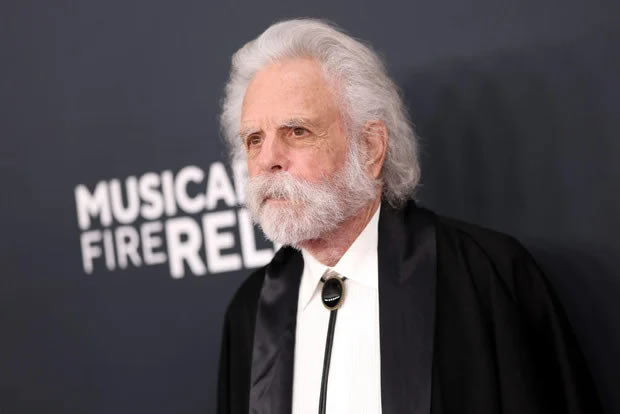
+ There are no comments
Add yours